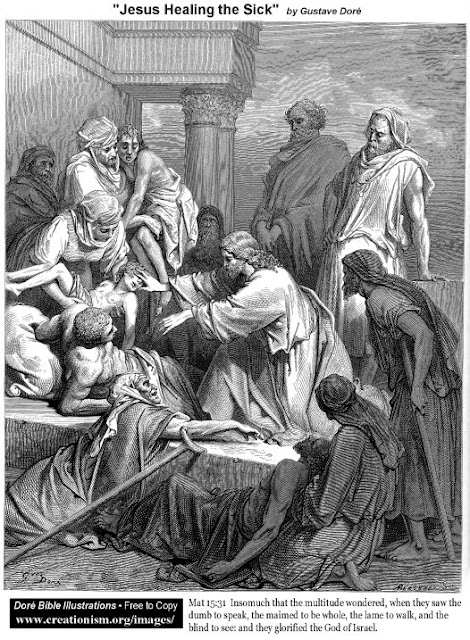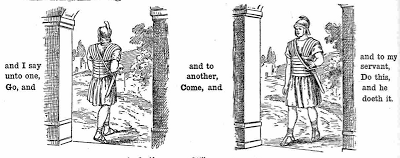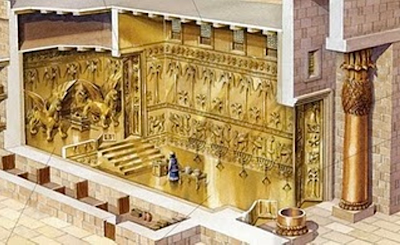TODAY'S SPECIAL: Luke 7:11-23
TO CHEW ON: "Jesus answered and said to them, 'Go and tell John the things you have seen and heard: that the blind see, the lame walk, the lepers are cleansed, the deaf hear, the dead are raised, the poor have the gospel preached to them.'" - Luke 7:22
John the Baptist had a lot of time to think in Herod's prison. He probably pondered questions like, if I was doing what God wanted me to do, why am I here? Did I spend my life on the right things? Did I recognize the right person when I pronounced Jesus someone special (Matthew 3:13-14)? Is He who I thought He was?
When John's disciples asked Jesus John's question ("Are You the Coming One, or do we look for another?"), Jesus' answer was indirect, as His answers often were: "Go and tell John the things you have seen…" Then He listed the miraculous works He was doing and how the gospel was being preached to the poor.
What was Jesus' message in this?
Surely it was to remind John that God's supernatural favour was on His life. In addition, Jesus' words would remind John, who was no doubt familiar with the prophets, of Old Testament passages that predicted a time God would rescue His people along the exact lines of what Jesus was dong:
"Behold your God … will come and save you!
Then the eyes of the blind shall be opened.
And the ears of the deaf shall be unstopped.
Then the lame shall leap like a deer,
And the tongue of the dumb sing" - Isaiah 35:4-6 (See also Isaiah 29:18-19 and Isaiah 61:1).
He was saying, in effect, put the two together—my works and these prophecies. Doesn't it appear that I am that Saviour, that One?
Perhaps John wondered, will He come and save me too? We know that Jesus never did. Instead John was murdered by Herod who, along with his lover Herodias, hated him for his condemnation of their affair (Matthew 14:1-12).
John's story reminds me that God's ways and plans are bigger than any one person. John had his key role to play in God's plan. Though his life was short, in his 30-some years he burned out for God. Though his death was brutal, that wasn't the end for him; he had an eternity ahead.
Similarly our time on earth is brief. Let's use it bearing witness, with our lives and words, to the One who brings health, liberty, and joy, and whose Kingdom is eternal.
PRAYER: Dear God, help me to be content to play my little part in the big story of Your Kingdom. Amen.
***********
The Holy Bible, New King James Version Copyright © 1982 by Thomas Nelson, Inc. - Used with permission.
















